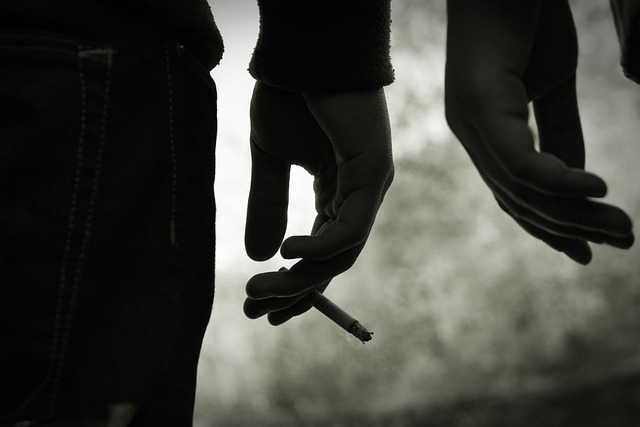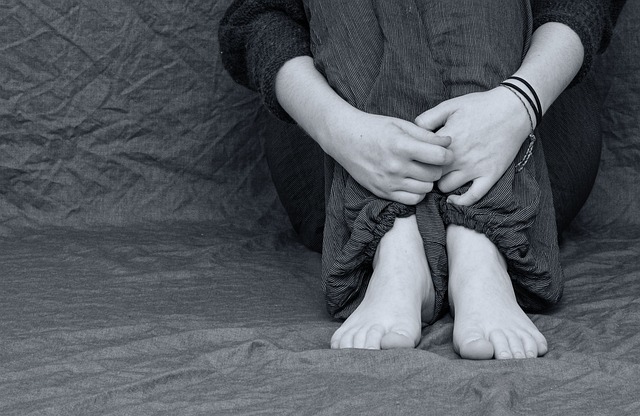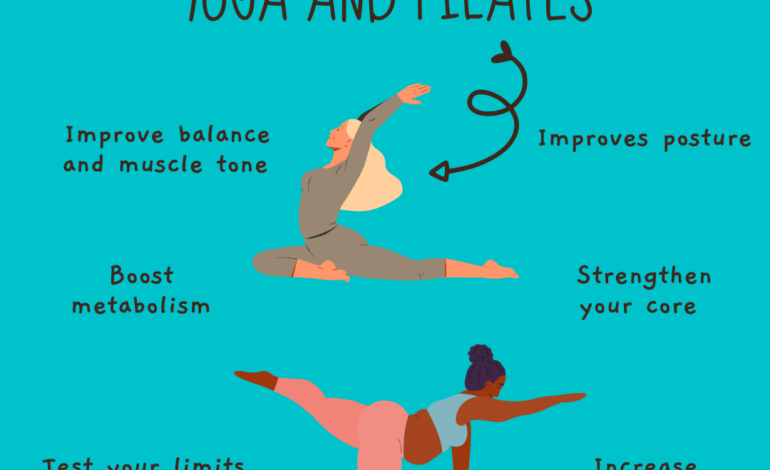What is peer pressure in simple words?
Peer pressure is the influence that people your own age or social group can have on you. It can be positive or negative, and can involve pressure to conform to certain behaviors, attitudes, or values.
For example, you might feel pressure from your peers to fit in, to try new things, or to act in a certain way. Peer pressure can be particularly strong during adolescence, when young people are trying to find their place in the world and may be more susceptible to the influence of their peers. It can also be a factor in adult relationships and social groups.
Q&A on peer pressure and self development
Q: How does peer pressure affect self-development?
A: Peer pressure can have both positive and negative effects on self-development. On the positive side, it can help individuals learn new skills, try new activities, and expand their horizons. For example, if your friends are into a particular hobby or activity, you might feel pressure to join in and try it out, which can lead to personal growth and development. On the negative side, peer pressure can lead individuals to engage in risky or harmful behaviors, or to compromise their own values or beliefs in order to fit in with their peers. It can also lead to low self-esteem or self-doubt if individuals feel that they are not able to live up to the expectations of their peers.
Q: How can individuals resist negative peer pressure?
A: There are several strategies that individuals can use to resist negative peer pressure:
- Set clear boundaries and stick to them: It’s important to know what you are and are not comfortable doing, and to communicate that to your peers.
- Seek out supportive friendships: Surround yourself with friends who respect your boundaries and values, and who will support you in making healthy choices.
- Find alternative activities: If your peers are pressuring you to engage in risky behaviors, find alternative activities or hobbies that you enjoy and that align with your values.
- Seek help if needed: If you feel overwhelmed by peer pressure or are struggling to resist negative influences, don’t be afraid to seek help from a trusted adult or professional.
Q: How can peer pressure be used to promote positive self-development?
A: Peer pressure can be used to promote positive self-development by surrounding oneself with peers who have similar goals and values. It can also be helpful to seek out role models or mentors who can provide guidance and support as you work towards your own personal and professional goals. Engaging in activities or hobbies that you are passionate about can also be a great way to use peer pressure to your advantage, as it can help you find like-minded individuals who can support and motivate you.
What is positive peer pressure with examples?
Positive peer pressure is the influence that people your own age can have on you to make positive choices. It is different from negative peer pressure, which is when people your own age try to influence you to make negative or unhealthy choices. Here are some examples of positive peer pressure:
- Encouraging you to study for a test or do well in school: Your friends might encourage you to study with them or remind you about an upcoming test. This can help motivate you to do well in school and achieve your goals.
- Encouraging you to be active and healthy: Your friends might encourage you to go for a run or join a sports team. This can help you make healthy choices and stay active.
- Encouraging you to be kind and inclusive: Your friends might encourage you to include others in activities or be kind to those who are feeling left out. This can help create a positive and inclusive social environment.
- Encouraging you to try new things: Your friends might encourage you to try new activities or hobbies, which can help you learn new skills and broaden your horizons.
It’s important to remember that peer pressure can be positive or negative, and it’s up to you to decide which influences you want to follow. It’s also important to surround yourself with positive and supportive friends who can encourage you to make good choices.
Negative peer pressure with some examples
Negative peer pressure is the influence that people your own age can have on you to make negative or unhealthy choices. This can include things like trying drugs or alcohol, engaging in risky behaviors, or participating in activities that are harmful to yourself or others. Here are some examples of negative peer pressure:
- Encouraging you to try drugs or alcohol: Your friends might try to convince you to try drugs or drink alcohol, even if you are not comfortable with it. This can put you at risk of addiction and other negative health consequences.
- Encouraging you to engage in risky behaviors: Your friends might encourage you to take risks, such as driving too fast or engaging in dangerous activities. This can put you and others at risk of injury or harm.
- Encouraging you to participate in activities that are harmful to others: Your friends might encourage you to bully others or engage in behaviors that harm others, such as vandalism or shoplifting.
- Encouraging you to go against your values or beliefs: Your friends might try to convince you to do things that go against your values or beliefs, such as cheating or lying.
It is essential to keep in mind that you are the one in charge of your own decisions and that it is perfectly OK to resist unfavorable influences exerted by your peers. Putting yourself in an environment where you are surrounded by positive and supportive peers will assist you in making sound decisions and warding off destructive influences.
Compare positive peer pressure with negative peer pressure
Positive peer pressure and negative peer pressure are both forms of influence that people your own age can have on you. However, they differ in the types of choices they encourage you to make.
Positive peer pressure is when people your own age try to influence you to make positive or healthy choices. This can include things like encouraging you to study for a test, be active and healthy, be kind and inclusive, or try new things. Positive peer pressure can help motivate you to achieve your goals and make good decisions.
On the other hand, negative peer pressure is when people your own age try to influence you to make negative or unhealthy choices. This can include things like trying drugs or alcohol, engaging in risky behaviors, participating in activities that are harmful to others, or going against your values or beliefs. Negative peer pressure can put you at risk of harm and make it difficult for you to make good decisions.
It’s important to be aware of the influences around you and to make your own decisions based on what you feel is right for you. Surrounding yourself with positive and supportive friends can help you resist negative influences and make good choices.
Write an essay on peer pressure
The influence that other people of the same age group might have on you to think, act, or behave in a particular way is referred to as peer pressure. It may be positive or negative, and those who provide it may be friends, classmates, or even complete strangers.
When you are surrounded by people your own age who encourage you to make positive or healthy decisions, this is an example of positive peer pressure. This can include things like pushing you to study for an upcoming test, be physically active and healthy, be kind and inclusive, or try new things. You can be motivated to accomplish your goals and make sound choices with the assistance of positive peer pressure.
On the other hand, when people your own age try to encourage you to make decisions that are unfavorable or unhealthy, this is an example of negative peer pressure. This can include things like experimenting with drugs or alcohol, engaging in behaviors that are unsafe, participating in activities that are detrimental to others, or acting in a way that is opposed to your values or beliefs. Negative peer pressure can put you in situations where you put yourself in danger and make it more difficult for you to make decisions that are in your best interest.
It might be tough to resist the pressure of peers, particularly if you have the feeling that you don’t fit in with the group or if you want to be liked by your classmates. It is essential to keep in mind that you are the one in charge of your own decisions and that it is perfectly OK to resist unfavorable influences exerted by your peers. Putting yourself in an environment where you are surrounded by friends who are positive and supportive will help you resist the influence of negative people and make better decisions.
It is essential that you talk to your parents, teachers, or any other adults in your life that you can trust about how you are feeling and any difficulties that you may be going through. They are able to provide you with support and direction while you negotiate the difficulties of adolescence.
You are ultimately responsible for making your own choices and being loyal to who you are as a person. Do not be afraid to speak up for what you believe in and to make decisions that are right for you, even if they differ from the ones that your peers make. Do not be scared to make choices that are right for you.






